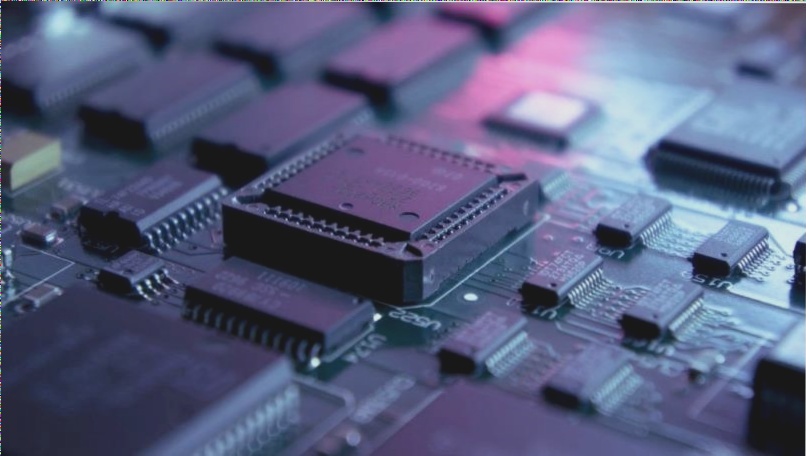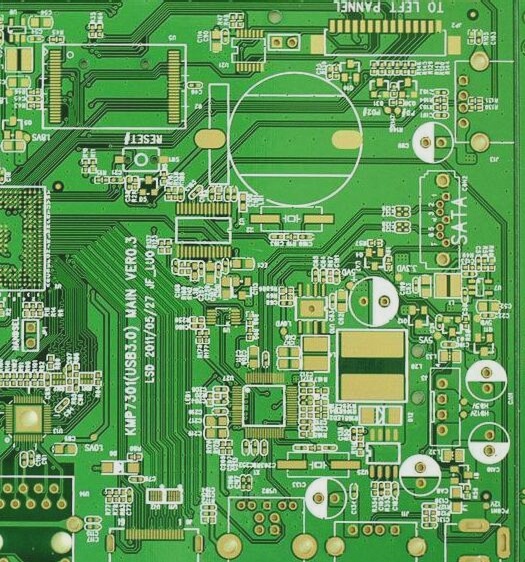Gold Plating vs. Immersion Gold for PCBs
Gold plating and immersion gold are two common methods used in PCB fabrication. Gold plating involves depositing a thin layer of gold onto the surface of a metal, providing strong adhesion and durability. On the other hand, immersion gold uses a chemical reaction to attach gold particles to the PCB, offering advantages like easier soldering and better stress control.
Gold Plating:
- Gold plating provides hard gold for strong adhesion.
- Gold fingers on memory modules are made of hard gold for increased durability.
Immersion Gold:
- Immersion gold offers soft gold with weaker adhesion.
- Only the pads are coated with nickel-gold, preserving signal integrity within the copper layer.
- Immersion gold is less prone to oxidation, providing long-term reliability.
Advantages of Immersion Gold:
Immersion gold technology provides easier soldering, better stress control, and improved signal integrity. It is a reliable alternative to traditional gold plating for PCBs.
If you have any inquiries about PCBs or PCBA, please don’t hesitate to reach out to us at info@wellcircuits.com.



